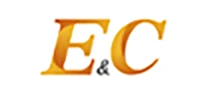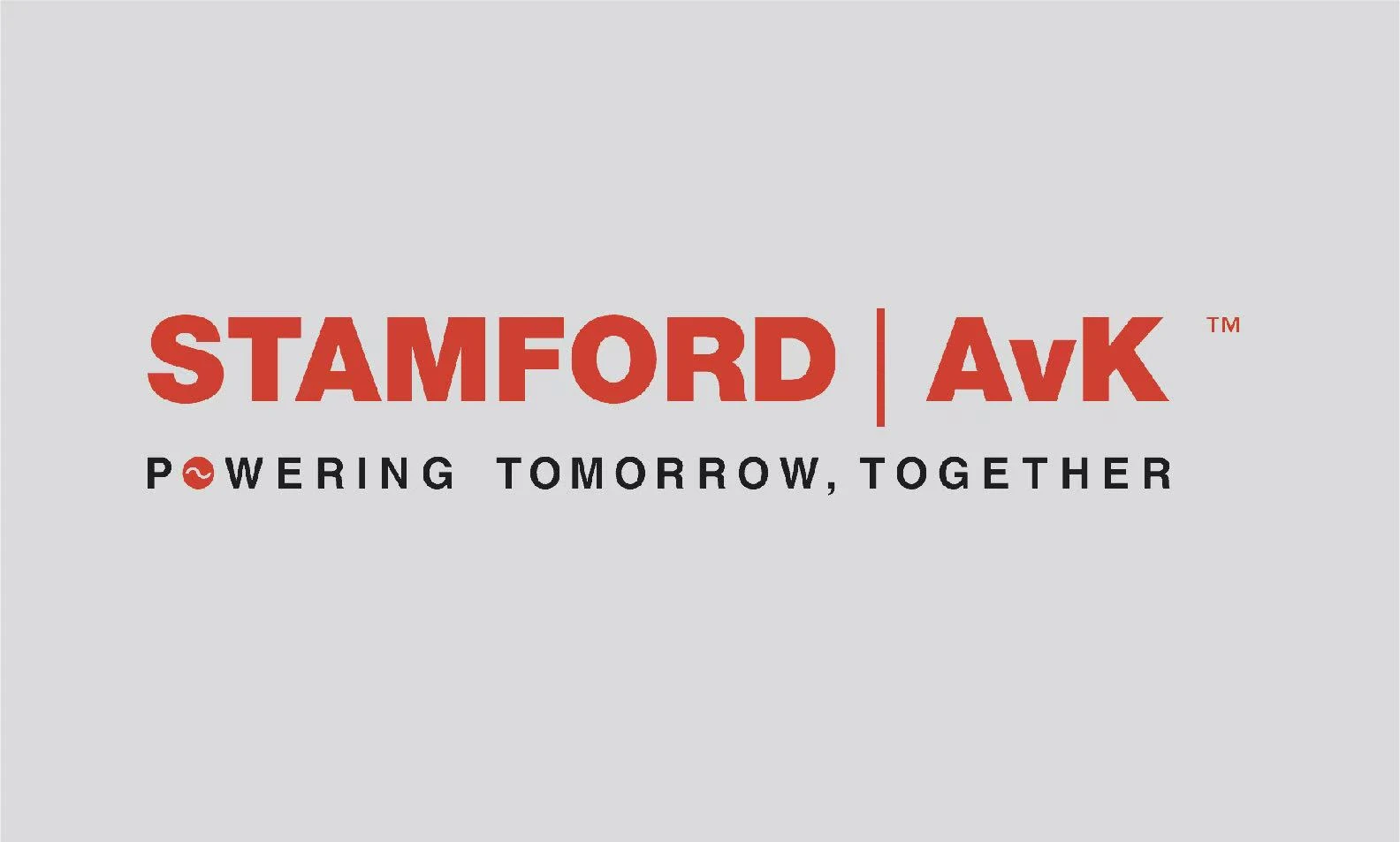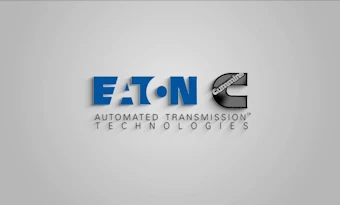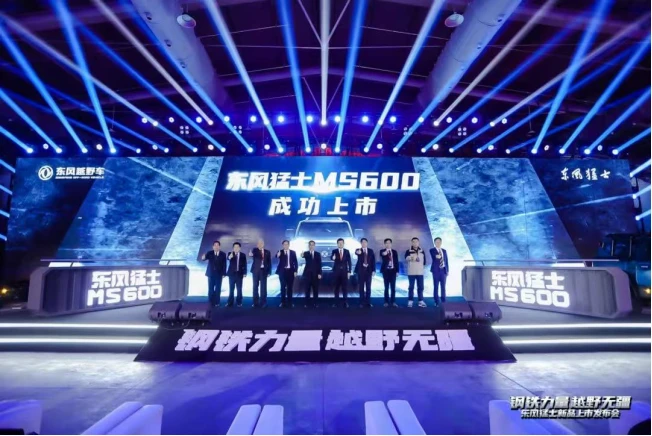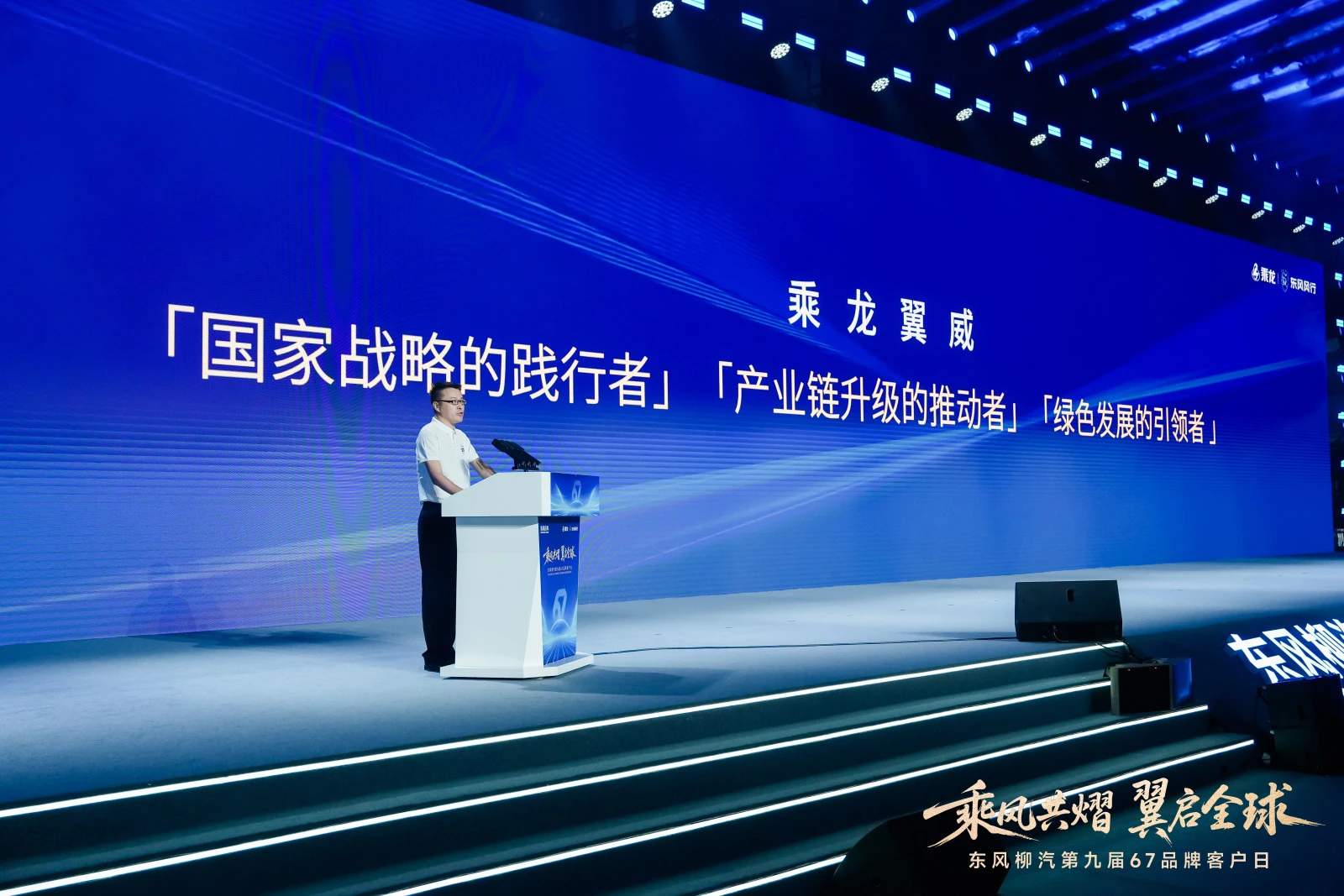Best Digital Marketing for B2B Companies – Boost Your B2B Growth with Top Digital Strategies
- Introduction to Digital Marketing for B2B Companies and Current Landscape
- Essential Technical Advantages Driving B2B Digital Marketing
- Comparative Analysis of Leading B2B Digital Marketing Vendors
- Designing Tailored Digital Marketing Strategies for B2B Success
- Implementation: Real-World B2B Digital Marketing Case Studies
- Challenges, Emerging Trends, and Performance Metrics in B2B Digital Marketing
- Conclusion: Unlocking Sustainable Growth with Digital Marketing for B2B Companies
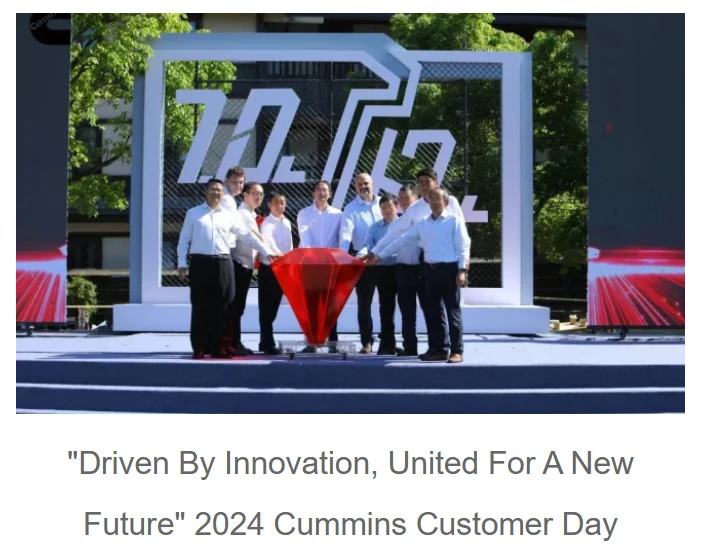
(digital marketing for b2b companies)
Introduction: The Growing Influence of Digital Marketing for B2B Companies
The landscape of digital marketing for B2B companies has undergone rapid transformation over the past decade. According to a recent study by Statista, over 61% of B2B marketers cite generating high-quality leads as their largest challenge. Unlike consumer markets, B2B decision cycles are longer and involve multiple stakeholders, requiring nuanced and data-driven marketing approaches. Research from Content Marketing Institute indicates that 86% of B2B organizations use content marketing, but only 30% believe they are effective. This signals a crucial gap between adoption and strategic implementation. The acceleration of digitalization, rising competition, and evolving buyer expectations further pressure companies to refine their digital outreach. As technology evolves, so too does the potential to connect, engage, and convert targeted business audiences at scale, making digital marketing an indispensable engine for B2B growth. This comprehensive exploration breaks down the critical components, technical strengths, vendor comparison, strategy customization, real-world examples, and the future direction of B2B digital marketing.
Technical Advantages in B2B Digital Marketing
B2B digital marketing relies extensively on powerful technological frameworks to reach and engage professional audiences. Key technical advantages include advanced data analytics for hyper-targeted campaigns, integration of account-based marketing (ABM), marketing automation, and AI-driven insights. For instance, Gartner’s research reveals that companies using marketing automation report a 15% increase in sales productivity and a 12% reduction in marketing overhead. Furthermore, integration with Customer Relationship Management (CRM) systems ensures seamless lead nurturing and deeper personalization.
Another noteworthy advantage is the utilization of intent data, allowing marketers to identify high-value prospects based on online behaviors. Machine learning algorithms analyze customer interactions, predict intent, and automate optimal content delivery. The rise of omnichannel strategies—encompassing email, social media, search, and programmatic advertising—enables a unified and consistent brand experience across multiple touchpoints. With 67% of the buyer’s journey now occurring digitally (Forrester), leveraging these technical capabilities is pivotal for B2B enterprises aiming to outpace competition and maximize return on investment.
Comparative Analysis: Leading B2B Digital Marketing Vendors
The choice of a B2B digital marketing company can significantly impact campaign performance, lead quality, and long-term client relationships. To illustrate, the following table compares industry leaders based on service offerings, technological innovation, pricing, and customer satisfaction.
| Vendor | Key Services | AI/Automation Level | Average Annual Cost (USD) | Client Satisfaction (1-5) | Notable Clients |
|---|---|---|---|---|---|
| Demandbase | ABM, Intent Data, Analytics | High | $45,000 | 4.6 | Adobe, Salesforce |
| Marketo (Adobe) | Marketing Automation, Email, Lead Nurturing | Medium-High | $36,000 | 4.4 | Panasonic, GE |
| HubSpot | Inbound, CRM, Content Marketing | Medium | $28,000 | 4.5 | Trello, SurveyMonkey |
| Sagefrog | Full-Service, PPC, Social Media | Medium | $24,000 | 4.2 | DSM, Fujifilm |
| LinkedIn Marketing Solutions | Social Ads, Lead Gen, Insight Analytics | Medium | $20,000 | 4.5 | Microsoft, HP |
The table demonstrates variance in capability, service focus, and investment. Demandbase and Marketo stand out for their advanced AI-powered ABM and automation features, essential for highly targeted enterprise campaigns. Meanwhile, HubSpot’s lower onboarding threshold and all-in-one capabilities appeal to small and mid-sized businesses. Choosing the right vendor hinges on your organization’s size, technical need, and marketing maturity.
Tailoring Digital Marketing Strategies for B2B Growth
Effective B2B digital marketing is rarely one-size-fits-all. Custom strategy formulation is crucial to align marketing goals with specific industry, audience, and business objectives. The foundation includes detailed buyer persona development, rigorous competitor benchmarking, and clear definition of key performance indicators (KPIs). For B2B, the most impactful strategies integrate account-based marketing (ABM) with content strategy, which personalized content delivery to buying committees within target accounts.
Another pillar is data-driven channel selection. Industry research shows that 80% of B2B leads come from LinkedIn, while highly technical sectors may benefit from targeted display or programmatic advertising to reach niche audiences. Email automation and content syndication enable scalable nurturing of prospects throughout lengthy sales cycles. For best results, marketers should experiment with tactics such as personalized video messaging, interactive webinars, and scalable remarketing. Ultimately, successful plans consistently adapt through regular analysis and optimization.
Real-World Case Studies: Transforming B2B Results
Examining practical implementations underscores the real value of digital marketing in B2B sectors. When a global SaaS provider adopted an account-based approach with Demandbase, their qualified leads increased by 113% within 12 months. Similarly, a specialty manufacturer improved sales conversion by 32% after integrating HubSpot for inbound content and automated workflows.
In another example, an engineering firm leveraged LinkedIn Marketing Solutions to run segmented ad campaigns directed at C-level decision-makers within Fortune 1000 organizations. This resulted in a 410% return on ad spend (ROAS) and reduced sales cycle by 22%. Marketo, on the other hand, empowers B2B healthcare companies by streamlining multi-channel email and content workflows, leading to a 25% boost in engagement rate.
Case studies like these validate the necessity of targeted, data-powered digital marketing and the measurable business impact achievable with the right strategy and technology stack.
Overcoming B2B Marketing Challenges & Riding the Trends
Despite its promise, B2B digital marketing faces obstacles such as fragmented decision-making, lengthier sales cycles, data integration issues, and ROI attribution. Only 44% of B2B marketers feel confident in their ability to measure content marketing ROI (CMI 2023). To overcome these challenges, leading marketers are investing in predictive analytics, cross-channel data unification, and advanced attribution modeling.
Future-oriented trends driving the sector include the rise of conversational AI for lead qualification and support, increased emphasis on privacy-compliant data practices post-GDPR and CCPA, and the growing influence of interactive, video-first content formats. Partner ecosystems and co-marketing initiatives also gain traction, accelerating innovation and audience reach. Measuring the effectiveness of these tactics increasingly depends on granular analytics that track each account’s journey from awareness to conversion to retention.
Conclusion: Unlocking Sustainable Growth with Digital Marketing for B2B Companies
In summary, digital marketing for B2B companies has evolved from simple online presence to a sophisticated, technology-fueled system that blends automation, analytics, and creativity. The world’s most successful B2B organizations are those capable of adapting to this ongoing digital shift, leveraging the expertise of specialized vendors, and continuously refining strategies for maximum impact. As customer journeys extend across multiple channels and touchpoints, the ability to align digital efforts with business objectives becomes a defining advantage. Investing in robust B2B digital marketing drives not only short-term pipeline growth but also long-term brand authority and market leadership. Unlocking this potential ensures your organization remains agile, competitive, and positioned for sustainable growth in an ever-evolving marketplace.

(digital marketing for b2b companies)

